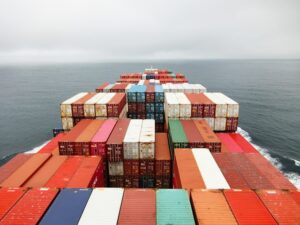After facing economic uncertainties amid the energy crisis largely exacerbated by the war in Ukraine, Europe seems to be getting back on track. Last week, the European Commission (EC) said in an announcement that the European Union (EU) has already secured its quota for gas reserves earlier than the date planned.
“The EU energy market is in a much more stable position than it was this time last year, in good part because of the measures we have taken at EU level. But we have seen in recent weeks that the gas market remains sensitive,” said EU Energy Commissioner Kadri Simson.
The EU set in place regulations with regard to gas reserves in June 2022, to “ensure that the underground gas storage facilities that are located on its territory and directly interconnected to a market area of that Member State are filled to at least 90 % of their capacity at Member State level by November 1 of each year,” the regulation read.
“The Commission will continue to monitor the situation so that storage levels remain sufficiently high as we enter the next winter. Let me recall that we can further strengthen our position through investments in renewables and energy efficiency,” Kadri added.
According to S&P Global, the EU’s compulsory filling which was previously “used as a market tool to leverage summer-winter price spreads,” now proves that the bloc’s storage capacity for gas is of strategic importance.
Having a full gas storage capacity helps Europe become less reliant on Russian gas supplies, but at the same time, it might encounter some challenges with oversupply during the months of September and October when gas demands are significantly lower than in the winter months, Bruegel noted.
S&P Global added that full capacity now does not guarantee stable supply in winter, as the reserves only account for “25%-30% of gas consumed in the EU during winter,” and with the reduced Russian supplies European reserves could run “dangerously low.”
According to a statement by the managing director of German storage industry body INES, Sebastian Bleschke, “the risk of a gas shortage during cold temperatures still exists and will probably remain with us until winter 2026/27 without further infrastructure measures.”














